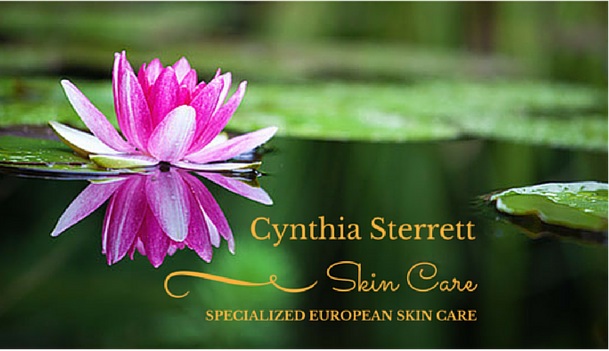The effects allergies have on skin
Puffy eyes, a red, runny nose — allergy symptoms aren’t pretty. Seasonal allergies not only affect how you feel, but how you look. And we know you feel your best when you’re looking good, too.
Congestion, drowsiness, and itchy, watering eyes aside, seasonal allergies don’t only make you feel less than stellar, their symptoms can also manifest on your complexion. If you suffer from allergies during this transition period between seasons, the puffy eyes and dry, red patches you’re experiencing aren't merely a coincidence. The time change can also wreak havoc with your hormones and increase the likelihood of breakouts.
So how do you combat all of these issues? Taking an allergy pill is always a good start. Like any allergy symptoms, avoidance is your best solution for allergy-related skin problems. Staying inside when pollen counts are at their highest, washing outdoor clothes, like jackets, more often, washing your hair before bed, leaving shoes outside the door and even rinsing out your sinuses. You should also combat your allergies and the skin issues that come along with it by changing your skin routine to one for Spring.
Exfoliate
As skin dries more during the winter it builds up more dead cells on the surface. So first thing’s first, we need to help our skin to get rid of those dead cells. As skin underneath is still more sensitive it is recommended to use a gentle exfoliator 1 to 2 times per week.
Moisturize
During the seasonal transition periods the moisture levels in our skin always change. Thus, with added moisture in the air, skin tends to become oilier during the transition period as the weather gets warmer. To help balance skin’s naturally changing moisture level, choose a lighter lotion instead of a cream, and go for an oil-free formulation if you already have oily or combination skin.
Sunscreen
Although you should be wearing an SPF for every season, Spring presents more challenges as the sun gets more active and we like to hang out to enjoy the beautiful weather. So, the skin is exposed for longer times and gets more sensitive to the sun.
Use products that address your specific skin type
It is very important to use products formulated for your skin type to avoid irritation and other related problems. Abstain from products formulated with chemicals, parabens or fragrances. Do not use products based on mineral oils as they contain allergens that could further irritate skin and clog pores.

